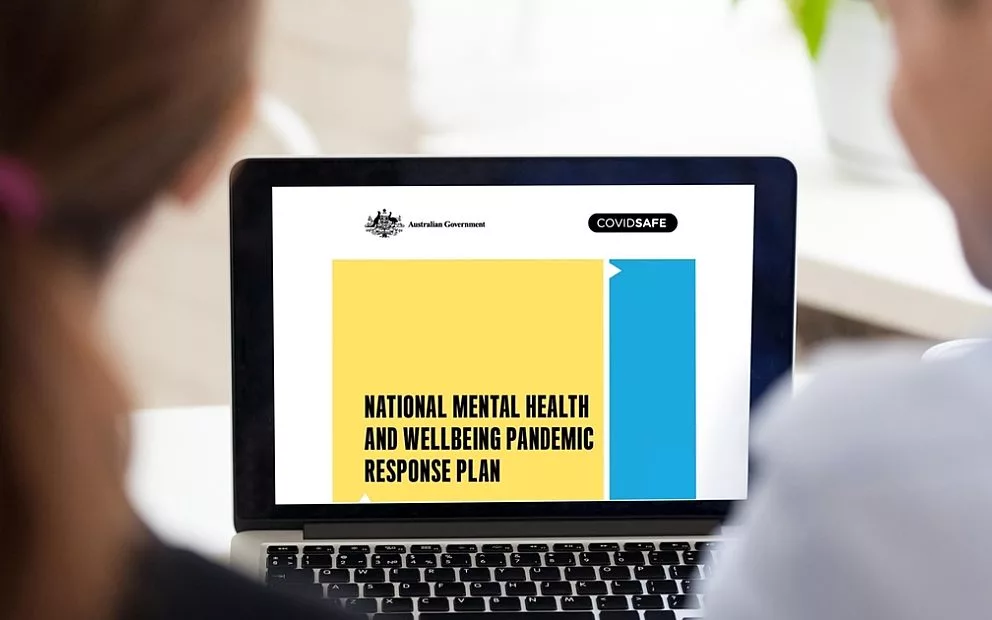New research from SAHMRI, the University of Adelaide, CSIRO Australia’s national science agency, Orygen and the Freemason’s Centre for Male Health and Wellbeing (FCMHW) has found men who score high on both traditional measures of depression symptoms and University of Adelaide’s recently developed Short-Form Male Depression Risk Scale (MDRS-7), may be up to 30 times the risk of suicidal thinking.
The study, published in BMJ Open and led by psychologist and PhD candidate, Danielle Herreen, examined the effectiveness of the MDRS in identifying men at risk of depression and suicide who could be missed by mental health assessment tools currently being used by GP’s to screen the condition.
“Around 10% of men with depression score below the threshold for this disorder on traditional tests but will flag high on the Male Depression Risk Scale. This represents a whole subset of men who could have been flying under the radar and can now be detected,” Ms Herreen said.
“We found some men who may have depression or who are at risk of suicide express their distress in different ways to what we typically look for. This often appears as behaviours that may be perceived as more stereotypically masculine.”
The short-form MDRS consists of 7 questions to ensure timely completion and assesses men across a spectrum of 7 previously ignored domains.
The areas assessed include, aggression, anger, emotion suppression, alcohol use, drug use, somatic symptoms and risk-taking.
Standard practice has involved assessing symptoms including low mood, loss of interest in activities, appetite changes, difficulty concentrating and feelings of worthlessness. This approach fails to recognise a unique and different set of red flags pointing to underlying psychological distress in some men.
Co-author and Clinical Psychologist, Dr Simon Rice from the University of Melbourne says the aim of the new scale isn’t to replace the current approach, but to add value, allowing for a more comprehensive reading of an individual’s psychological state.
“Our research shows that combining traditional screening methods with these new questions, gives a much stronger indication of a person’s overall risk of depression and suicide,” Dr Rice said.
“More importantly, we have shown that the risk of suicidality can be up to 30 times higher in men who score high on both tests and it may be beneficial for GP’s and other health professionals to add the Male Depression Risk Scale to their assessments of male patients.”
Researchers are encouraging clinicians working in a role that involves one-on-one male mental health assessments to consider adopting the MDRS as part of their standard practice.




